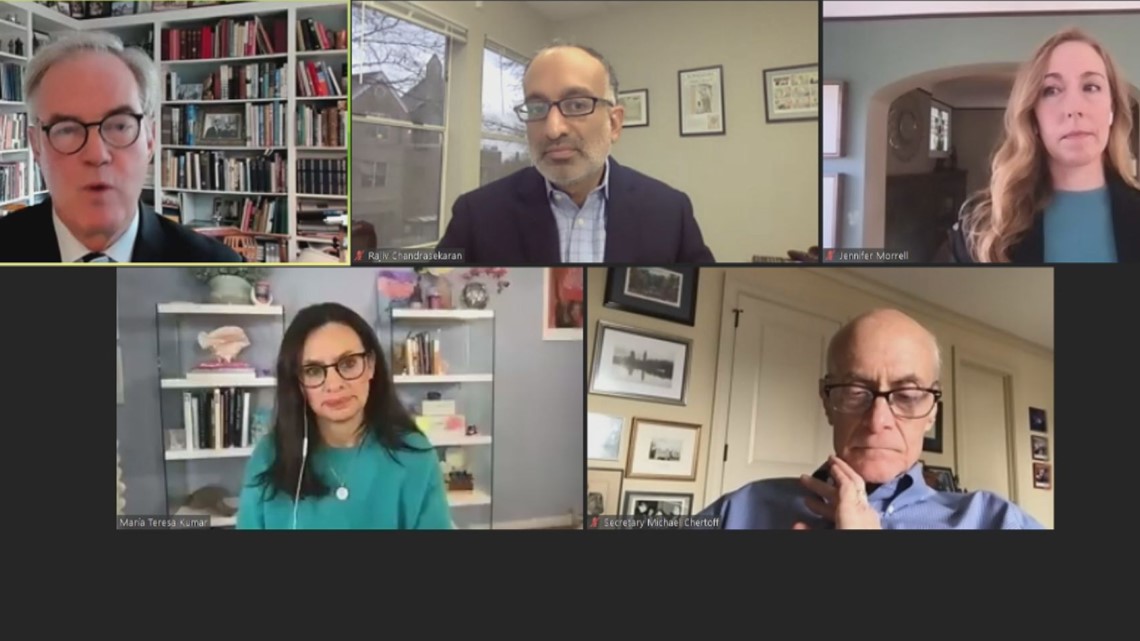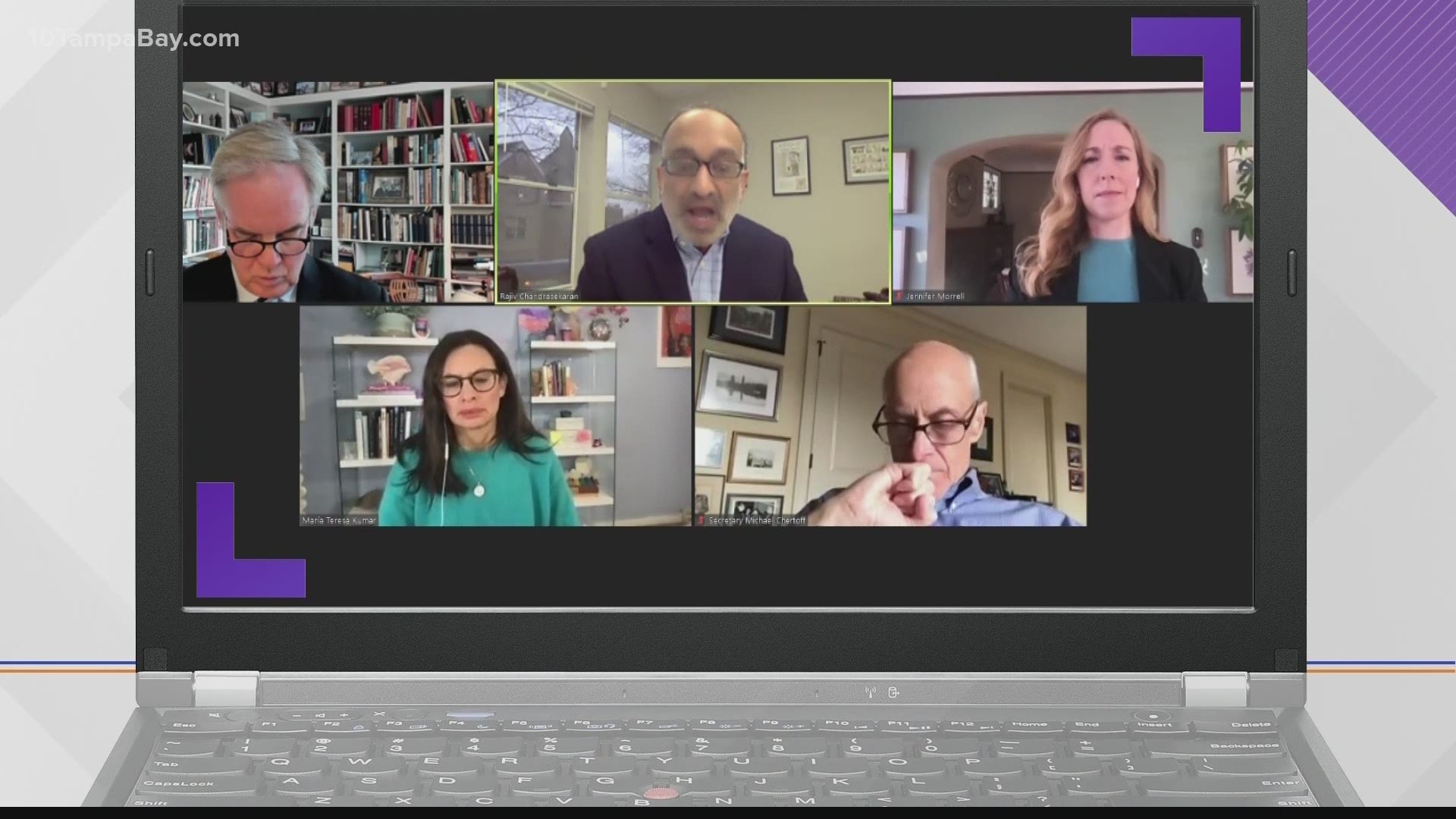Many Americans are still trying to wrap their heads around the 2020 election season.
The United States of America, the world's shining example of democracy, had to overcome unfathomable challenges from the COVID-19 pandemic to the relentless misinformation being shared online to pull off a free and fair election.
Up until the bitter end, elected, high-profile politicians questioned the legitimacy of the election before a violent mob stormed the U.S. Capitol in what appeared to be an attempt to halt the certification of Joe Biden as the next president.
Nevertheless, the election was certified and Biden will be sworn in as the leader of the free world on Jan. 20.
The National Task Force on Election Crises came together two years ago to ensure a free and fair 2020 presidential election by recommending responses to a range of election crises. The group is made up of 50 bipartisan, volunteer experts.
According to their website, "The only electoral outcome this group advocates is that the election is free and fair."
On Friday, five members of the task force hosted a discussion via video chat on Zoom to go over lessons from the 2020 election and recommendations for reform.
The five experts on the video chat were Michael Chertoff, Former U.S. Secretary of Homeland Security, Rajiv Chandrasekaran, Former Associate Editor of The Washington Post, Maria Teresa Kumar of Voto Latino Foundation, Jennifer Morrell of Elections Group, and Trevor Potter of the Campaign Legal Center.


The entire report can be found here: Strengthening Our Elections and Preventing Election Crises: Lessons and Recommendations from the 2020 General Election
The following points were listed in the report's executive summary:
- Election administrators helped mitigate a crisis.
- Social media companies learned key lessons from 2016.
- Election reporting was careful and voters patient.
- President Trump’s refusal to accept the results badly damaged the perception of election legitimacy and led to the insurrection on Jan. 6.
- Efforts to disenfranchise voters and reverse the outcome were a threat to democracy.
During the meeting Friday, Secretary Michael Chertoff said, "Those people who are propagating the lie at some point need to be held accountable for the lying" adding, "For those who commit acts of violence, like invading the Capitol, there will have to be a swift and tough punishment."
With recent moves by social media companies to deactivate Donald Trump's accounts, the role of social media in future elections became front and center for the task force.
Rajiv Chandrasekaran, a former editor at the Washington Post said, "In future election cycles, disinformation should be deleted, rather than just simply labeled. The ability of high profile and high reach users to spread disinformation, we believe poses significant risks to elections going forward."
Chandrasekaran essentially said Twitter and Facebook's decision to flag inaccurate tweets or posts made by President Trump and his high-profile circle did not go far enough to dispel misinformation that was rapidly spreading.
On a positive note, the group achieved their goal in ensuring a free and fair election and local election officials should be applauded for their role in overcoming pandemic-related obstacles but even more so, roadblocks created by presidential interference and widespread disinformation.
The report reads, "Officials from both parties worked together to expand voting options, recruit hundreds of thousands of poll workers, and become expert crisis communicators, often for the first time. At the same time, there were challenges and failures, including long lines in a number of states, complications stemming from absentee ballots, voter intimidation, isolated system malfunctions, and—above all—widespread challenges of disinformation and partisan polarization around efforts to make voting accessible."
►Stay In the Know! Sign up now for the Brightside Blend Newsletter

